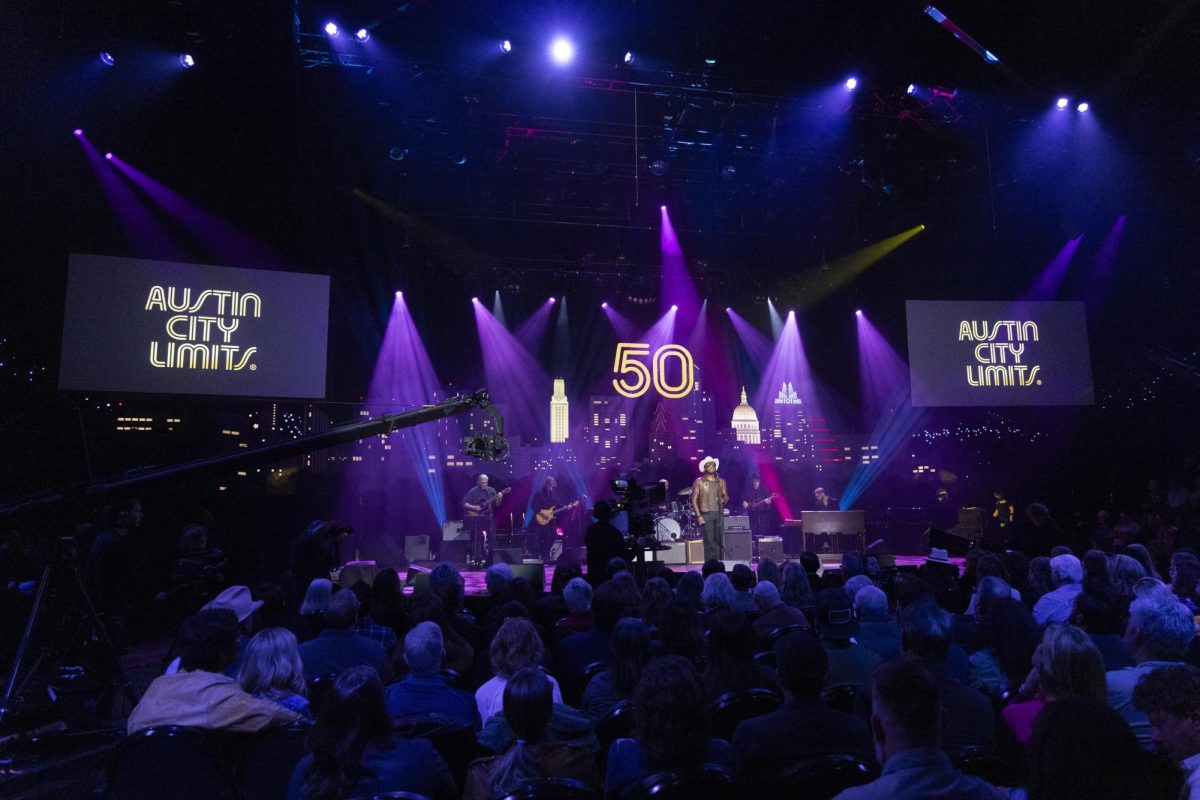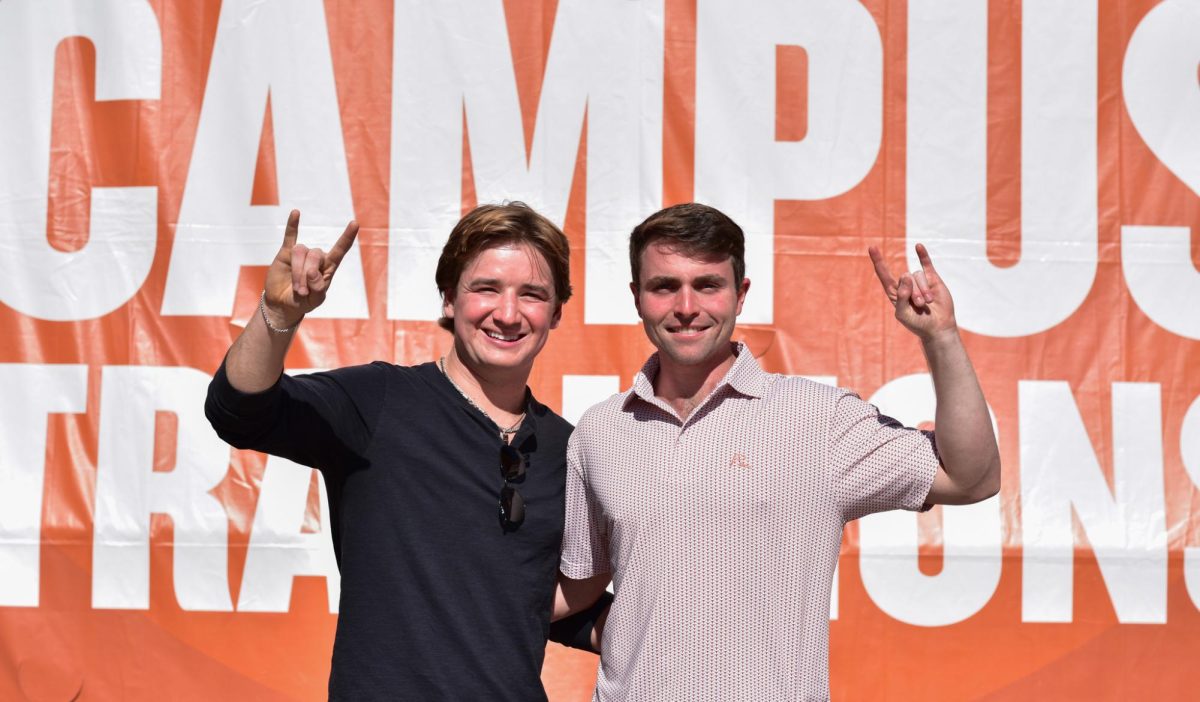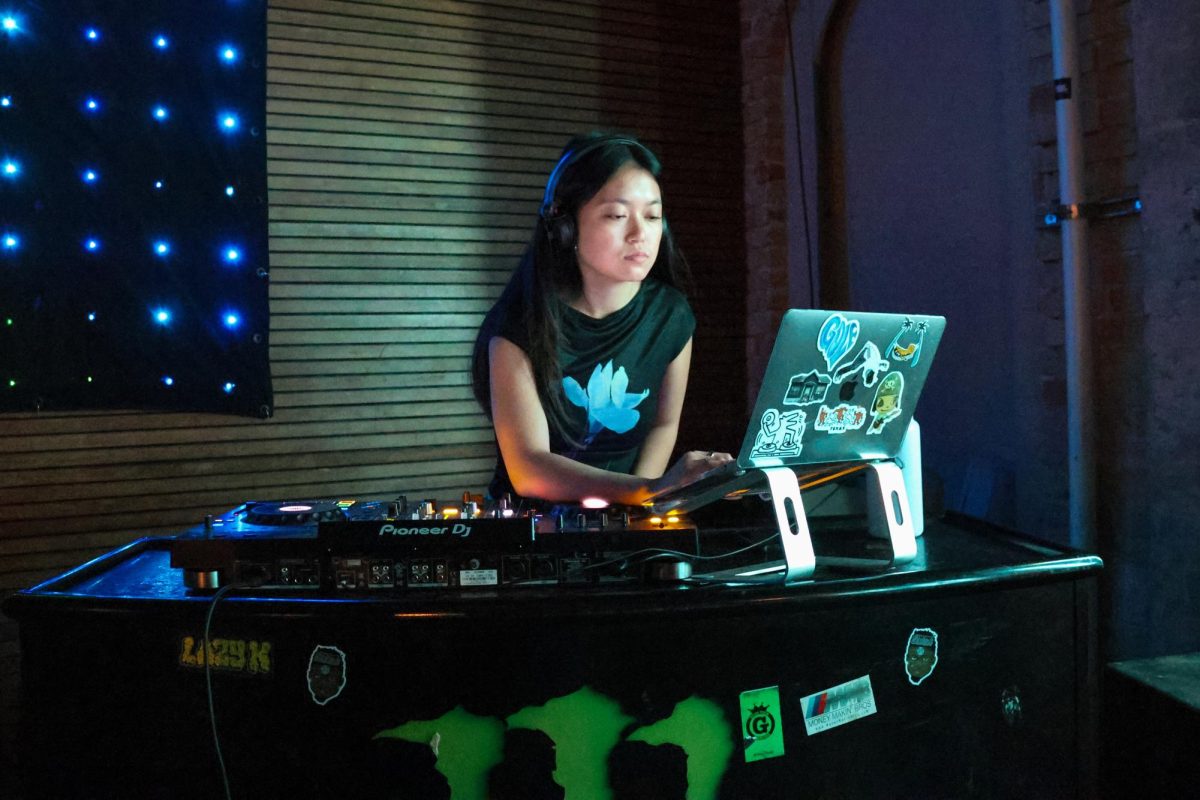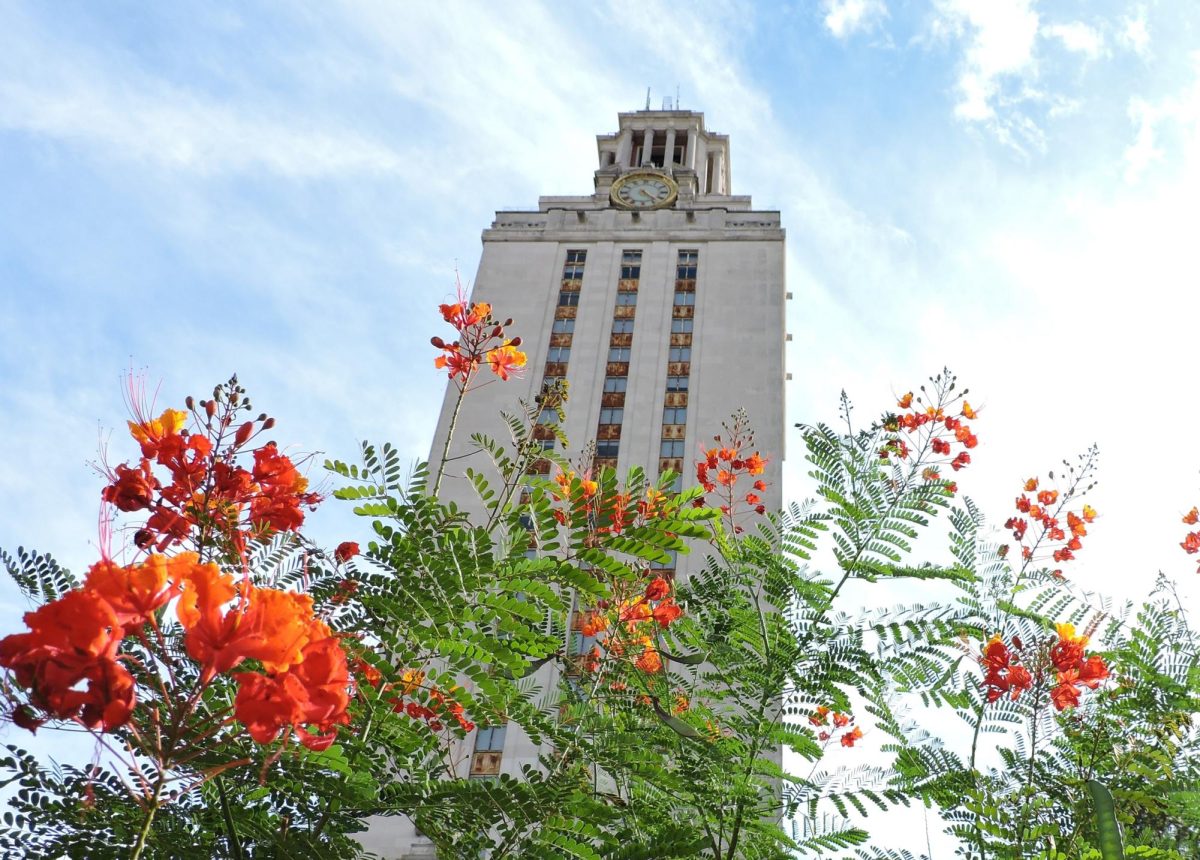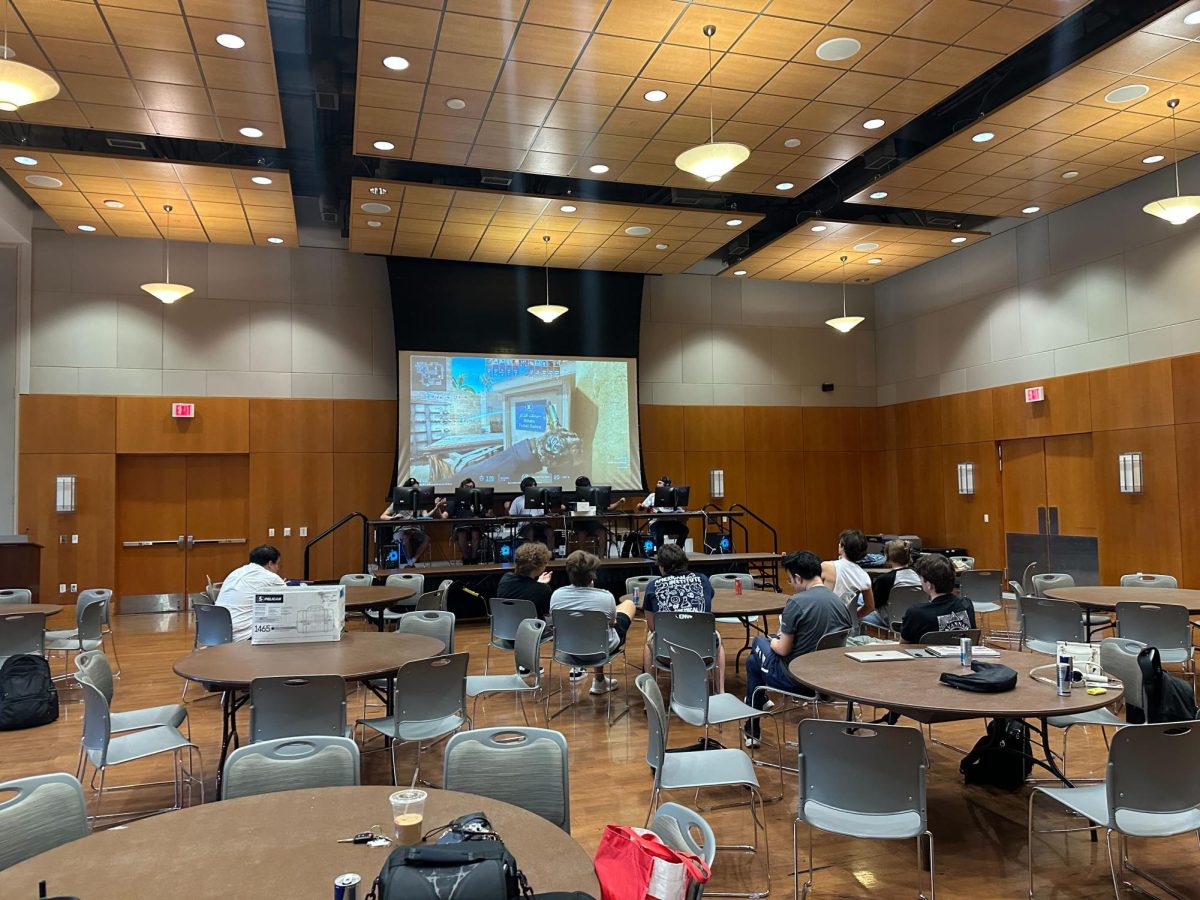Adelina Anthony sits alone on stage, centered in a spotlight and texting on her phone. Dressed as a teenage boy, Tony, she lets minutes pass, staring blankly at the screen, imitating today’s culture.
The Center for Mexican American Studies will present “Mama’s Boi” at 6 p.m. on Sept. 22 at the Black Box Theater in the SAC in honor of Hispanic Heritage Month. The performance, written and performed by Anthony, a teaching artist, is viewed through the QTPOC (queer/trans people of color) lens of the titular character Tony, a stereotypical “mama’s boy,” who feels alienated due to the omnipresent homophobia on the internet. The two-hour solo performance critiques both the current obsession with technology and traditional heteronormative views.
Anthony, who was classically trained in theater, said she hopes to bring the issue of LGBT acceptance into view and inspire discussion and reflection in her audience.
“It’s about pushing the boundaries on and off stage,” Anthony said. “[Mama’s Boi] is created as an offering, and [is] not necessarily for everyone, but for those who need to receive it.”
Director of CMAS John González said the internet facilitates the divide between LGBT and heterosexual people, and this divide is even more prevalent among Latinos.
“The Internet is gendered toward straight men, to the point where it’s considered to be anti-queer,” González said. “The anti-queer issue is even stronger [in the Latino community].”
Even though the issue of imposing heteronormativity in Latino communities is pressing, Anthony said she believes many Latino families have made great strides in
integrating their LGBT members into the community.
“I’ve never believed that Latino or people of color communities are more homophobic than their Anglo counterparts,” Anthony said. “[The families of color] have to dismantle the learned homophobia that [can] come through their religious base.”
Gonzalez said he chose to bring “Mama’s Boi” to campus because it is relevant to many Latino students at UT. He hopes to get students to think about how they participate in their daily dose of social media.
While the audience may get swept up in the sharp ways the play deals with sexuality, the issue of society’s dependence on technology is also thrust front and center for critique.
Since people can post on the internet anonymously, Gonzalez said derogatory comments are often thrown around without a second thought. While these remarks are not said in person, a throwaway comment made through social media can hurt just as much as a face-to-face insult.
“Some people don’t realize that presenting your non-heterosexuality on a public profile is a scary thing, especially in college,” said Jordee Rodríguez, a bisexual government sophomore. “You never know when someone you pass on the way to class found you online and thinks you shouldn’t be here [for being queer].”
Anthony said even though it may not seem obvious, non-heteronormative people face academic risks when challenging societal norms, especially if they are in a non-supportive environment. Students can lose out on things like study groups and adequate help from peers, and this is something the performance hopes to address.
“I would think universities and professors would want to encourage students who challenge what is expected of them,” Anthony said. “But, sometimes, these are the spaces where students find the most resistance.”

